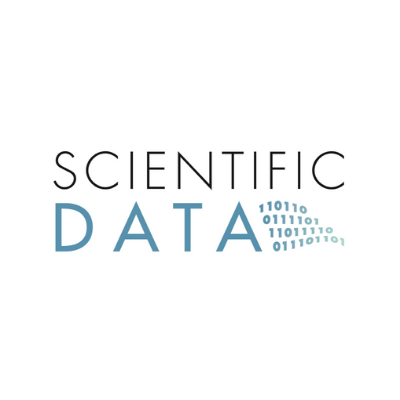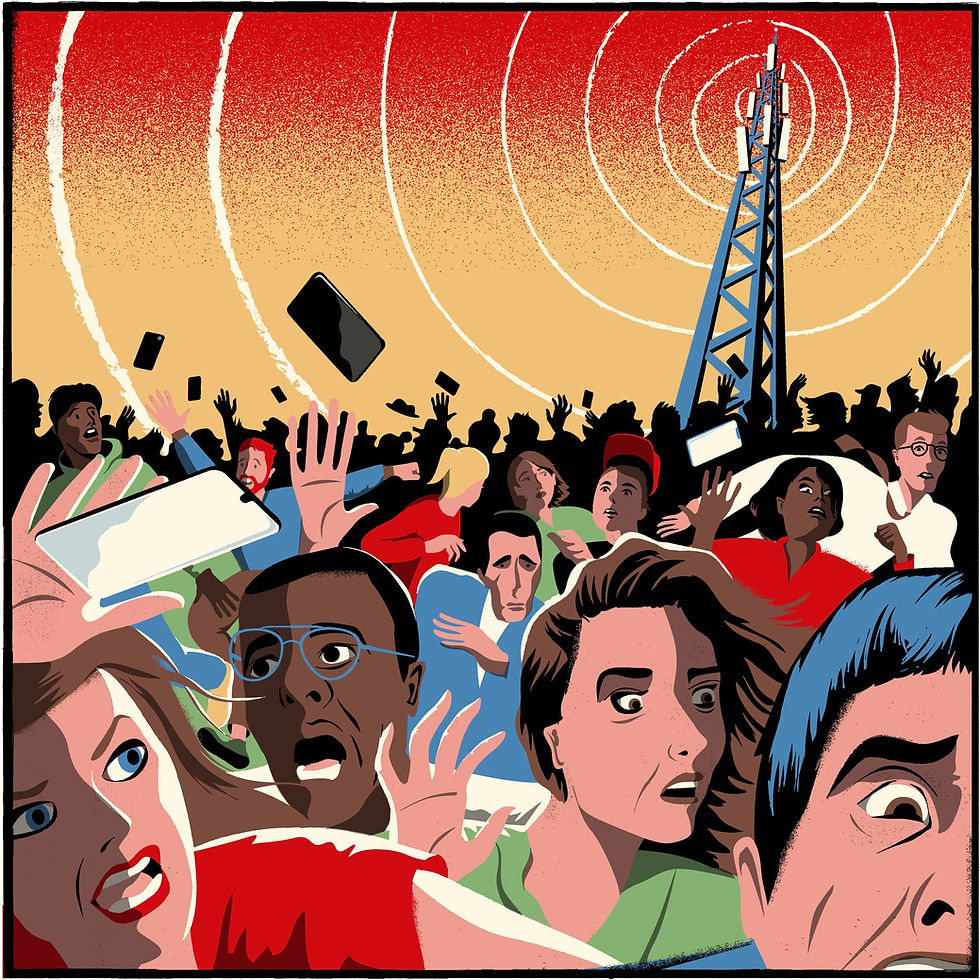Mentoring… It’s a two-way street that’s more than just the science - by Dr. Jason Keleher, Chemistry
- Lewis SURE Program
- Jun 24, 2019
- 5 min read
When I was asked to write this blog post, a bit of anxiety came over me. As a professor, our role as a teacher seems quite clear as it relates to the traditional classroom setting. On the other hand, throughout my journey in academia (as well as in industry) I have seen that some of the best teaching occurs when there is no structured setting to define the boundaries of our knowledge. One of the most valuable experiences I have had, has been working on teams to solve some of the most challenging (at least in my mind) researchable questions. To expand on this further, these questions had no defined answers and sometimes the road to the solution appeared foggy at best. But it was in that fog where I learned the value of collaboration extends beyond scientific knowledge and relies heavily on trust and communication as well as a little bit of crazy to reach solutions to these problems.
Throughout my life I have been fortunate to have many fine mentors who though every interaction provided me an opportunity to get better at being a problem solver, to improve my critical thinking ability, and to always afford me the opportunity to feel like I was an integral part of the mentor/mentee relationship. Over the past decade, I have had the opportunity to engage in many mentor/mentee relationships and the following quote really sums up this experience.
“An effective mentoring relationship is a win-win transformative experience for both parties. The mentee contributes to shaping the conversation as much as the mentor.” – Anna Giraldo-Kerr
Sometimes as a student its hard to understand what it’s like to be on the side of the mentor, and sometimes its hard for the mentor to feel what its like to be the student. In the next few short statements, id like to provide insight on a few key areas that I think highlight important attributes of a research mentor/mentee experience.
1. “Return on Investment”
Let me start out with a bit of a personal story. Many years back when I was an undergraduate/graduate student, I struggle mightily in figuring out what my future as a scientist would be, and what role my PhD advisor would play in that journey. I was fortunate to meet a man who day in and day out always asked me the challenging questions to make me think about anything I brought to the table; personal, professional, scientific, what I was having for dinner…. He always taught me to look at things from a view that not only encompassed my wants, desires, needs, but also how the stuff that I was doing contributed to the growth of scientific knowledge, as well as contributing to educating others.

The funny part is I used to get frustrated by the tough questions and Dr. Li used to say to me during those times, “this experience is about what you put into it, because what you put into it is what you get out of it in the end.” While those words struck me as odd and hard to understand at that point in time, I look back now and find myself saying the same thing to my students. You see… the value of the research experience extends beyond the walls of your lab, your computer, your notebook, and moves into exposing you to communicating your ideas effectively while still staying grounded to the fundamental principles you have been taught. You find yourself collaborating in teams and putting effort into others success. You find yourself as a researcher asking yourself the same questions your mentor asked you. I mean, how many of you…. have found yourself saying “Wow, I sound like Dr. SO-AND-SO.”
The following quote from my current graduate student Jess Tabert summarizes this quite poignantly.
“When I first began my research career, I imagined myself running an experiment with a lab coat on and doing some cool science. While all those things are true, I never believed I would have been impacted the way I was by my experience with research, and more specifically, my interactions with my mentor.”
On the flipside, as a mentor, the value of the mentoring process has proven to be tremendously impactful on my role as an educator, researcher, teammate, and most importantly a contributing member to society. With every question I ask my mentees, I find myself learning more from the dialog about how they think and how the world around them shapes their vision about the results they have generated. There are days where I learn more from their explanation of the data then I can ever imagine teaching them. More specifically, to all student researchers, you cannot underestimate the pride we feel as mentors when you stand up in front of an audience and present the results you have generated during your research journey. You see, to those in the audience it may seem as technical jargon but to your mentor it is like summiting Mt. Everest where you remember every part of the journey with pride and admiration for the mutual respect you gained for each other.
2. Failure = Success: Understanding the teachable moments
Failure in my life had always been seen as negative, however, through the research process this mindset has changed. First, I learned that failure doesn’t define who you are as a person or scientist rather it points you to a new path/direction that you must take. This path may not come to light immediately, but you have to trust in yourself and your mentor that together you can find the ‘right’ way. This means tough conversations and figuring out what your failure means. The classic quote that “you learn more from your failures” is true. Each failure brings you closer to your success and each failure makes that success much more valuable and worthwhile. In the long run you won’t just think about your life in terms of a bunch of successes but rather you will think about the times that you failed and had to change direction, you will remember the conversations and motivational speeches that your mentor gave you to help keep you going, and you will remember that you had to work for where you are and that you deserve every bit of success you get.
In closing, the following quote from my current graduate students Katie Wortman and Abby Linhart sums up my thoughts...
“Our time working in DKLab has taught us all of the benefits that go into teachable moments and that though it’s not always the easiest path, it is definitely the most beneficial. DK has taken the time to use our failures and our setbacks as learning opportunities. Whether we’re struggling in research or in our personal lives, he always takes the time to have the tough conversations and to drive at a solution. The key to this is your mentor not just giving you the answer but guiding you to the best possible solution. We think a big part of a good mentor-mentee relationship is having someone who invests in the teachable moments and wants you to not only be the best possible scientist, but also the best possible version of yourself.”




Comments